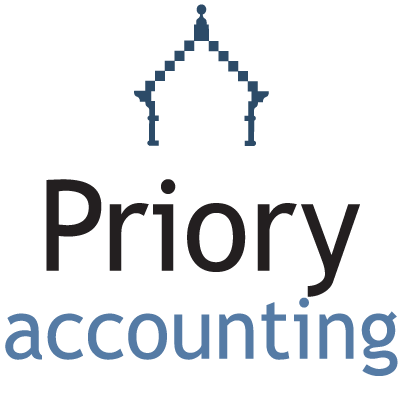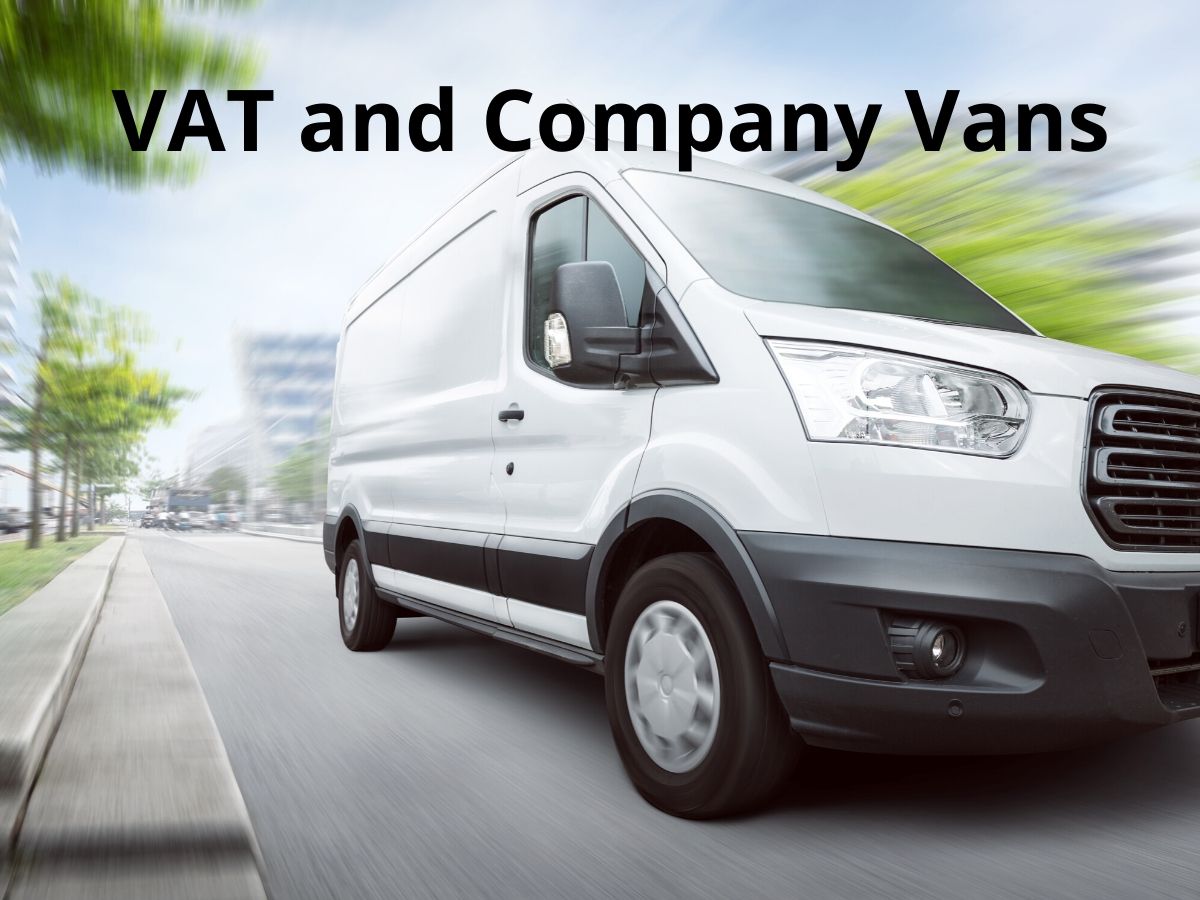VAT and Company Vans
Fuel economy, road tax, cubic metre storage: these are probably the things foremost in your mind if you are looking to buy a new commercial vehicle for your business.
Almost certainly, the differing VAT treatment between an HP agreement and a personal contract purchase (PCP) agreement will not be where your attention is focused.
But that might change after reading this, because there are different treatments between different types of finance, and the impact on your company’s cash flow can be considerable over the lifetime of any contract.
For those who like to understand the ‘why’s’ in life, it comes down to definitions surrounding the supply of goods and the key to it all is paragraph 1(2)(b) Schedule 4 VAT Act 1994, which states: “If the possession of goods is transferred … under agreements which expressly contemplate that the property also will pass at some time in the future… then it is… a supply of goods”.
That means a hire purchase agreement contract attracts VAT upfront, as it generally includes provision for the vehicle’s title (full ownership) to pass across at the time of the final payment; whereas lease agreements are typically intended to minimise the cash impact, with a small deposit and low monthly repayments offset by a large final balloon payment if you finally want to keep the vehicle.
The important point is that the HP agreement is for a supply of goods and the PCP is defined as a supply of services because in reality almost nobody ever does pay the final payment to own the vehicle outright.
With a supply of goods (HP), the VAT is recoverable at the outset and the VAT invoice/finance agreement should show the VAT as a “lump sum” amount paid upfront. The monthly finance payment is then net of any VAT. So a cash flow advantage if you have cash in hand today.
With PCP, VAT is chargeable and recoverable on each periodic payment: your finance provider will provide a VAT schedule detailing these payments. Obviously you can offset your monthly VAT in your standard VAT return. A potential long term cash flow benefit if the business is registered for VAT.
The issue of balloon payments for PCP arrangements has been tested, in a CJEU case with Mercedes Benz Financial Services, where multiple options were available and the optional final payment was substantial. The Court decided that the supplier must make the judgment at the outset of the contract, as to what a ‘reasonable’ customer will do when entitled to exercise the final payment option they intend to charge.
What that means is that if the value of the vehicle for resale is greater than the final payment required then the Court assumes a ‘rational actor’ will make the payment, sell on the vehicle as its owner, and pocket the profit. A transfer of goods is anticipated.
Back to our opening question then…. the definition of PCP as a service is up to the lessor to decide at the outset, by pitching the final payment required: If at the start of the contract the final payment is:
- set at or above the anticipated market value of the goods, it is a supply of leasing with VAT on each instalment;
- set below the anticipated market value, it is a supply of goods with a separate supply of finance. VAT is due on the supply of goods, in full at the outset, and the finance is exempt from VAT.
Your choice is then which option fits your cash flow requirements now, and throughout the term of the contract. Happy browsing!
As always, if you’d like to discuss the finer points then give us a call.




